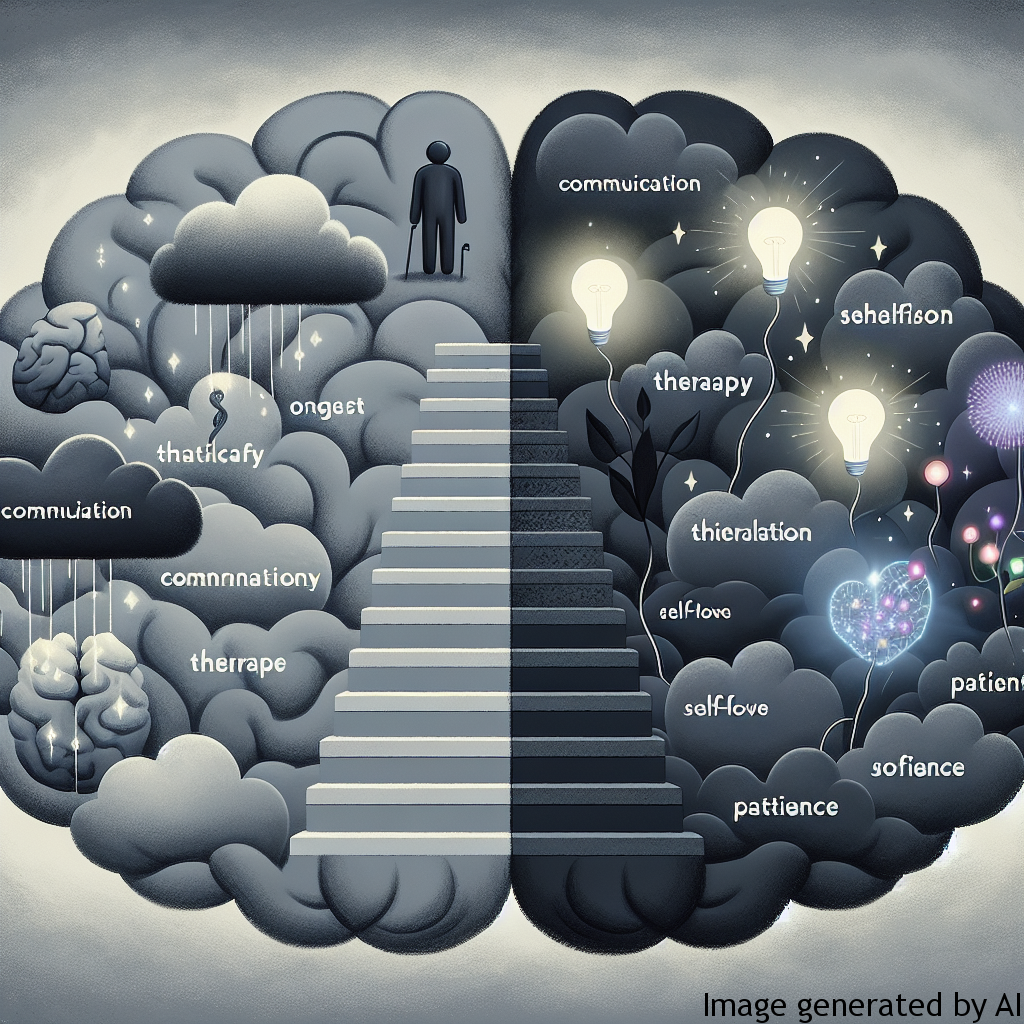Introduction
Society often imposes considerable pressure on men and women’s sexual performance, inadvertently creating psychological complications for those unable to meet those expectations. This article explores the psychological impact of sexual failure, focusing on the gender-specific pressures that men encounter and offering constructive solutions to navigate these issues.
Description of Gender Expectations and Their Influence on Men’s Psychological Health
Societal stereotypes play a significant role in shaping our expectations of masculinity. These predominantly focus on physical prowess, strength, and sexual competence.
Sexual Performance Anxiety
A stereotype that can have devastating consequences for men is that their value is measured by their sexual performance. Consequently, even a solitary instance of perceived sexual failure can cause intense anxiety and self-doubt.
Masculinity and Emotional Regulation
Men often feel obliged to suppress their emotions, which is another harmful aspect of gender expectations. This emotional suppression could exacerbate feelings of anxiety and depression associated with their sexual performances.
Examples of how Gender Roles can Impact Men’s Lives
Undeniably, gender roles have substantial repercussions on men’s lives. Some instances include:
Work-Life Balance
The stigma of being the “bread winner” may push men into prioritizing work over personal health, thus exacerbating stress and anxiety levels. This, coupled with sexual performance anxieties, can contribute to emotional and physical exhaustion.
Relationships
In relationships, the traditional gender role that men should dominate sexually could create pressure that impacts their capacity to form and sustain healthy, intimate relationships.
Advice for Improving Psychological Health, Bearing Gender Roles in Mind
Overcoming the psychological impact of sexual failure requires a shift in mindset, empathetic support from loved ones, and, in some cases, professional help. Some strategies include:
Open Communication
Talking openly about concerns and insecurities can dissipate the power they hold over an individual. Honest conversations can cultivate understanding and support within relationships.
Professional Help
Involve professionals if anxiety or psychological distress persists. Therapists and counselors are trained to provide the guidance and tools for managing stress and overcoming sexual anxieties.
Break Stereotypes
Actively challenging and breaking down harmful stereotypes associated with masculinity can lead to a healthier perception of oneself and improve psychological wellbeing.
Conclusion
Gender roles and societal expectations can detrimentally impact men’s psychological health, especially with regards to sexual performance. Addressing it is paramount to improving mental wellbeing. It starts with acknowledging these challenges, fostering open dialogue, seeking professional help when needed, and striving for a culture shift towards healthier, more balanced views of gender roles and sexuality.

